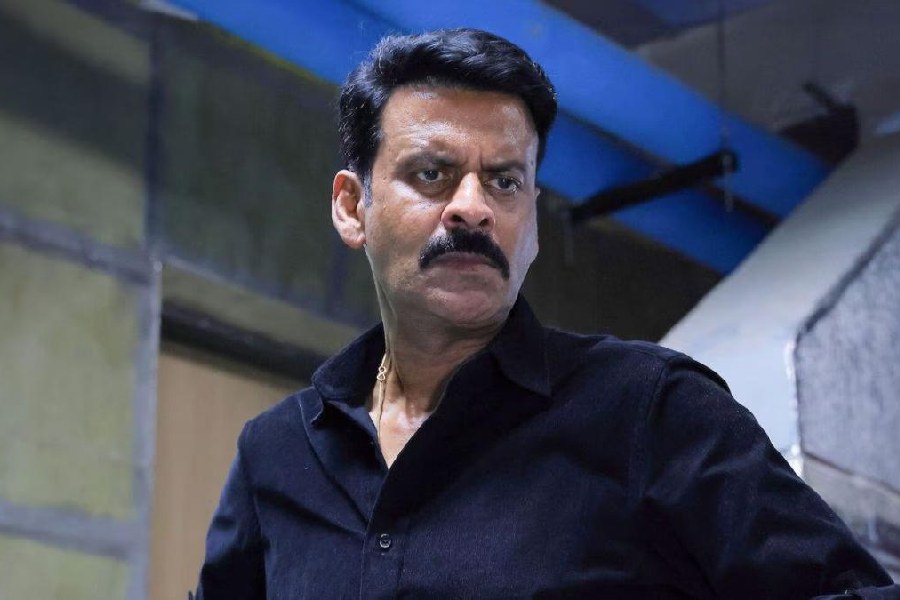United Nations, Dec. 1 (Reuters): A blue ribbon panel released today a landmark report on global threats that insisted the UN Security Council approve any ?preventive? war, which was not the case when the US invaded Iraq.
UN secretary-general Kofi Annan had asked the panel of 16 veteran foreign ministers and diplomats from around the world, including former US national security adviser Brent Scowcroft, to spell out how the world body should reform itself and identify the main dangers to mankind in the 21st century.
The 95-page report gave 101 proposals to combat poverty, AIDS, social upheavals, the threat of nuclear proliferation, terrorism and organised crime. It criticised UN bodies, from the Security Council to the Human Rights Commission and proposed the world body offer buy-outs to its ageing staff.
The UN charter allows a nation to respond immediately in self-defence to an actual or imminent attack.
But the report, spurred by the US-led invasion of Iraq last year that divided world leaders, said ?preventive action? when a threat was not imminent needed Security Council consent. This was denied to the Bush administration before the war.
?If there are good arguments for preventive military action, with good evidence to support them, they should be put to the Security Council, which can authorise such action,? the report said.
?For those impatient with such a response the answer must be that in a world full of perceived potential threats, the risk to the global order... is simply too great for the legality of unilateral preventive action,? it added.
But the report also widens the definition of threats that could be a cause for military action by endorsing the concept of protecting civilians from atrocities by their government.
And it recommends that the Security Council stop the spread of weapons of mass destruction, particularly nuclear proliferation, by taking ?collective action? against any state that even threatens a nuclear attack.
India damp squib
However, the report has turned out to be somewhat of a damp squib for India, because by denying new entrants the power of veto, the monopoly of the big five ? US, Russia, China, France and Britain ? remains intact, reports our special correspondent.
The expert group has put out two options for making the Security Council better representative of today's world. One is to expand the number of permanent seats or to have a new category of members for four year terms.










